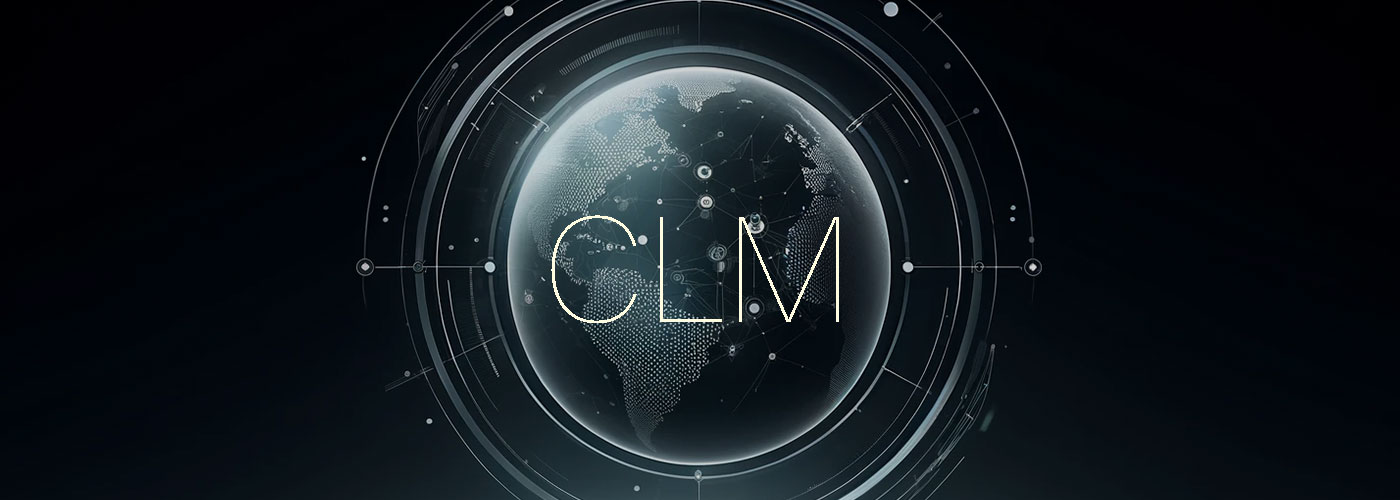Artificial Intelligence (AI): Machines simulating human intelligence processes by accumulating information and the rules for using such information to arrive at accurate conclusions. With the enormous and ever-growing need for data in any legal transaction, Artificial Intelligence (AI) is taking the legal world by storm. Of late, the legal industry relies on AI for legal research, litigation strategy, e-Discovery, and contract review, among others.[1]
“AI completes data-intensive tasks by recognizing patterns in data points, identifying relevant information, and recognizing mistakes and inconsistencies.”
AI for Due Diligence
Major law firms across the country use AI for supporting their due diligence projects. Due diligence functions as a guide for legal transactions and identifies potential risks involved in deals.[2] Practicing due diligence begins when the parties sign an agreement of confidentiality and begin to acquire relevant documents needed for the transaction.[3]A normal merger and acquisition due diligence would require a law firm to review anywhere between 5,000 to 10,000 contracts.[4] Sifting through such documents is a monotonous, herculean task that requires a vast amount of time and energy. It is also a high-pressure task, since law firms conducting the due diligence need to keep pace with their clients and the court. AI is the perfect catalyst for performing due diligence, since it not only finishes the tasks in lesser time, but also learns and improves based on feedback during its performance.[5] AI completes data-intensive tasks by recognizing patterns in data points, identifying relevant information, and recognizing mistakes and inconsistencies.
“AI tools can proof-read a document that humans spend approximately an hour on, in under a minute”

AI Saves Time
Computers can analyze copious amounts of legal documents far more thoroughly than humans in far lesser time.[6] AI tools can proof-read a document that humans spend approximately an hour on, in under a minute. This keeps lawyers from expending time on mundane tasks, and allows them to concentrate on more creative and challenging jobs. An added perk is that AI software doesn’t get worn-out, unlike a person after a long day at the office.
AI Reduces Expenses
A basic manual contract review is likely to cost up to 60 percent of total legal fees charged on a project,[7] since it employs a large team of junior associates. Until the emergence of AI, companies were willing to spend this kind of money for ensuring due diligence in a legal transaction.[8] Although technology used in AI tools may initially burn a hole in one’s pockets, in the longer run, the law firm using AI tools can make up for the cost a law firm spends on technology by avoiding the need to employ human personnel for the same job, and the subsequent expenditure on them.[9]
“AI learns through a comparison software, identifying any inconsistencies, or missing clauses, terminology, or undefined terms, both within a document and across a number of documents that are similar”

AI for Higher Quality
Studies have proven that AI can conduct contract review analysis at least as accurately as a human can.[10] Programmed to follow an organized method, AI ensures error-free results and meets all deadlines. Since AI tools learn things on the job, they maintain all internal cross-references and consistentency in language, and imitate an attorney’s handling of the same document. AI learns through a comparison software, identifying any inconsistencies, or missing clauses, terminology, or undefined terms, both within a document and across a number of documents that are similar.[11] Thus, an AI tool can maintain its quality of work, which an overworked human performing the same job can overlook. AI Reduces Risk Manually reviewing contracts has natural human limitations. An attorney working on a set of documents can fail to notice one or more contracts. The only way to really know if there are any material issues in a contract is to actually review them. AI helps in identifying risky contracts which should be regarded as material.[12]
AI Beats Competition
By using the right software, lawyers can complete reviews faster and gain greater visibility into market trends. The ability to see what the other side can’t see allows a company to negotiate from a more knowledgeable position[13].
AI Reduces Stress
There is no doubt that manual document review and proofreading is tedious work. Allowing AI tools to do the dreary task of document reviewing and proofreading reduces the stress and boredom that attorneys face. It also reduces the time that lawyers spend on a preliminary review.[14] The knowledge that the first level of review was done by AI tools also boosts the lawyers’ confidence. This helps the attorneys working on a case to be more creative and spend their time on intellectual analysis- a task that requires a human touch and one a tool cannot replicate. This amalgamation of human and artificial intelligence assures a stress-free work environment where the lawyers can work more productively on what they are trained to do. In turn, this helps law firms concentrate on building client relationships, which is yet another role a computer cannot play.[15]
Conclusion
During due diligence, law firms generate most of their expenses from having to spend expensive hours reviewing documents for their clients. As Gary Kasparov said, “Humans have intuition, can recognize patterns and positions, and machines have brute-force of calculation and memory. By bringing these capabilities together in other walks of life, we can achieve incredible results.” By using AI and human intelligence together in the right way, law firms can accomplish highly effective and productive due diligence in legal transactions.[16]
At LegalEase, we routinely strive to utilize AI tools to develop technology-abled solutions for our clients. We use proprietary CORE research and activity automation engines to reduce human involvement and error, thereby streamlining our due diligence processes and ensuring our clients the fastest, most accurate reviews and analysis. If you’d like to optimize your legal functions, feel free to reach out to us at contact@legaleasesolutions.com. Our team of expert attorneys is happy to help.
[1]Edgar Alan Rayo, AI in Law and Legal Practice – A Comprehensive View of 35 Current Applications, https://www.techemergence.com/ai-in-law-legal-practice-current-applications/
[2]Supra note 1
[3,6,9,10,11,13,15]Id
[4]Unknown Author, How AIis Transforming the Due Diligence Process, https://www.raconteur.net/sponsored/how-ai-is-transforming-the-due-diligence-process
[5]AvaneeshMarwaha, 7 Ways artificial intelligence can benefit your law firm, https://www.americanbar.org/publications/youraba/2017/september-2017/7-ways-artificial-intelligence-can-benefit-your-law-firm.html
[7,12]Supra note 7
[8,14]Supra note 8
[16]Jean Cumming, Artificial Intelligence: Due Diligence 3.0, http://lexpert.ca/article/due-diligence-30/




